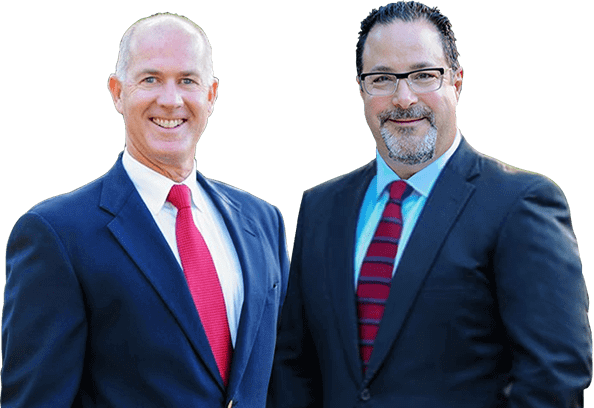First responders face demanding and often traumatic situations in their line of duty, which can affect their mental health. Florida law recognizes the importance of addressing psychological trauma arising from job-related responsibilities. We will explore first responders’ mental health challenges and how they can access the support they need.
Florida requires most employers to provide workers’ compensation insurance, offering a safety net for workers who experience injuries or illnesses. Workers’ compensation benefits are designed to replace a portion of lost wages due to work-related injuries or illnesses. The amount you’re entitled to receive depends on how much your ability to work is affected by the injury.
Mental Health Challenges for First Responders
First responders, including firefighters and paramedics, are at high risk for mental health disorders resulting from repeated exposure to stress and trauma. These can include Post-Traumatic Stress Disorder (PTSD) and depression. However, many first responders do not seek mental health treatment, often due to barriers such as stigma, lack of knowledge, and time constraints.
Firefighters, in particular, experience chronic stress and trauma from events like structure fires, traffic accidents, and disasters. Long working hours, shift schedules, and mandatory staffing can erode natural coping mechanisms like social support.
PTSD-Related Workers’ Compensation Benefits
Florida’s workers’ compensation statutes now allow for PTSD-related benefits for first responders and certain state employees. This change means that workers can access benefits even if they haven’t suffered a physical injury but have been traumatized by their work experiences or witnessed traumatic events.
First responders must know their rights and available resources. Accessing mental health treatment is a sign of strength, not weakness. Resources such as peer support programs and legal counsel can provide essential guidance and support.
Florida’s first responders serve their communities with dedication and bravery. By recognizing your mental health challenges and understanding your legal rights, you can look for the support you need to maintain your well-being as you continue such vital work.

